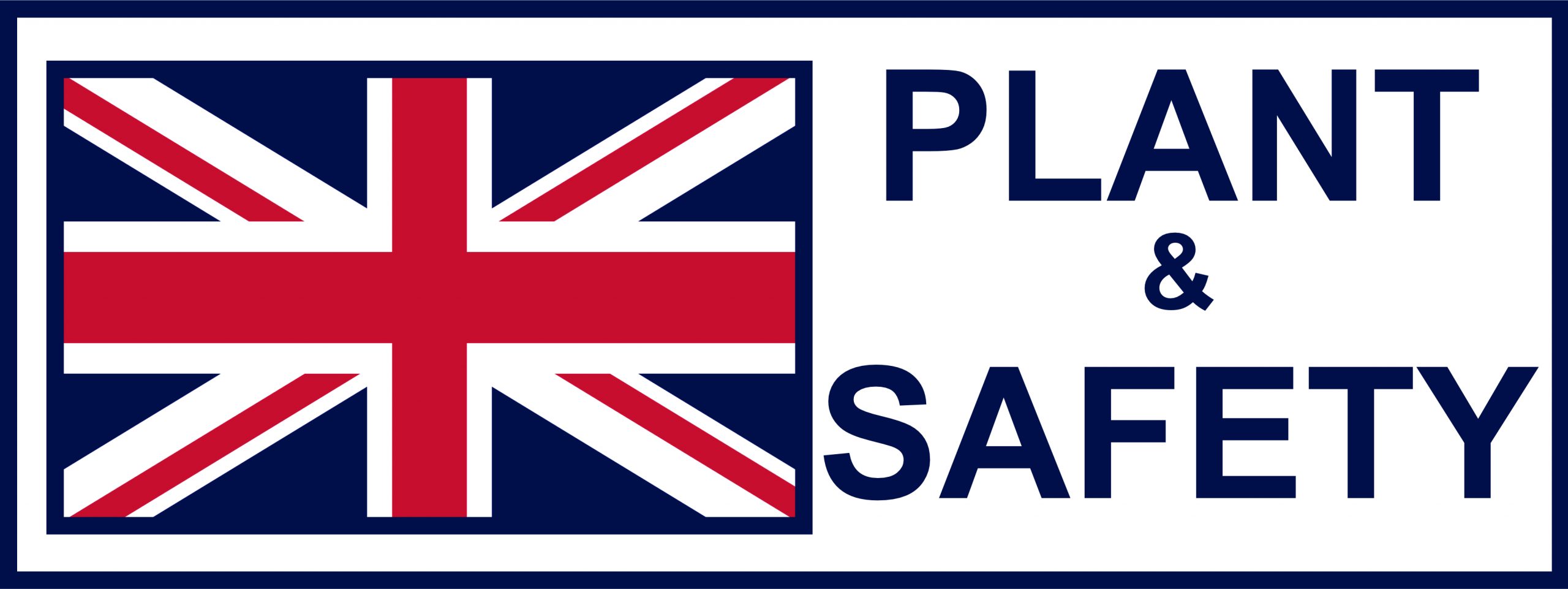Home » Pressure Systems » Air Compressor & Air Receiver Inspection and Testing | Pressure Safety Regulations
Regular air compressor inspection and testing is not just good practice, it’s a legal requirement under the UK’s Pressure Systems Safety Regulations 2000 (PSSR 2000).
These Pressure System Safety Regulations are designed to prevent accidents caused by stored-energy failures in compressed-air systems and air receivers.
A properly examined and maintained pressure system (Air compressor and Air receiver) protects your workforce, reduces downtime, and shows your companies commitment to safety and compliance.
Read more on what is a Pressure System and why its important →
The Pressure Systems Safety Regulations PSSR 2000, often referred to as pressure safety regulations sets out clear duties for users and owners of pressurised systems.
Under Pressure Systems Regulation 9, every pressure system, including air compressors and air receivers, must undergo routine inspection and testing examinations as detailed in a Written Scheme of Examination (WSE).
These regulations require that inspections and testing are carried out by a competent person who can identify deterioration, faults, or unsafe conditions before they lead to failure.
SAFETY REGULATIONS
Read more: What to Expect During a Regulation 9 Examination (PSSR) →
Learn about: Our Written Scheme of Examination Services →
The exact scope and frequency of inspection are determined by the WSE and may include, for example:
A visual examination of the pressure vessel and pipework.
Verification that safety relief valves and pressure gauges function correctly.
Assessment of any evidence of corrosion, cracking, or general deterioration.
Confirmation that operating controls and safety devices are in serviceable condition.
Review of system records, maintenance history, and any modifications.
All findings are recorded in the written report prepared by the competent person, who will also specify any necessary repairs, tests, or follow-up actions.
Air Compressor and Air Receiver Inspection and Testing Requirements
Regular air compressor and air receiver inspections and testing are essential to ensure the vessel remains safe for operation.
The examination scope is defined by the Written Scheme of Examination (WSE) but typically considers:
The internal and external condition of the air receiver (where safe and practical to inspect).
The operation of drain valves, safety relief valves, and other protective devices.
Any signs of corrosion or erosion.
The accuracy of pressure indicators and the presence of any abnormal vibrations or leaks.
These checks help verify that the system continues to meet the safety standards required under the Pressure Systems Safety Regulations 2000.
Frequency and Record Keeping
The frequency of air compressor and air receiver inspections and testing depends on your system’s pressure, capacity, and operating environment.
Your Written Scheme of Examination defines when and how often each part must be inspected and tested.
Keeping accurate records is essential. You should keep safe:
The current WSE
All previous inspection and testing reports
Any repair or modification certificates
If you’re unsure when your next air compressor and air receiver inspection and testing is due, our competent engineers can help you review your documentation and set a compliant schedule and a Written Scheme of Examination (WSE).
To comply with the pressure safety regulations (PSSR 2000), you must:
Have a valid Written Scheme of Examination (WSE) in place before operating your system.
Ensure every air compressor and air receiver undergoes routine inspection and testing by a competent person.
Take prompt action on any recommendations or defects noted during the examination.
Failure to meet these duties can lead to enforcement action and serious safety risks.
Explore our PSSR Compliance Guide →
Information on this page is based on the Pressure Systems Safety Regulations 2000 (SI 2000 No.128) and HSE publications L122: Safety of Pressure Systems (Third Edition), INDG261 (rev4, 2012),
The scope and frequency of inspections are determined by a competent person under the applicable Written Scheme of Examination.
Related Compliance Topics
for Pressure Safety Regulations
Useful links for more information
Explore our Training Services →
HSE: Written schemes of examination →
HSE Guide: Safety of pressure systems
Pressure Systems Safety Regulations 2000 →
The Pressure Systems Safety Regulations 2000 →
Where PSSR sits within wider UK Health & Safety Law →
Local Echaust Ventilation (LEV) Inspection and Testing Services →
WHAT WE OFFER
At Plant & Safety, our competent engineers carry out thorough PSSR inspections and testing, including the preparation and review of Written Schemes of Examination (WSE), ensuring full compliance with the Pressure Systems Safety Regulations 2000.

How can we help?
To learn more or if you have any questions, please feel free to call or email us. You can also request a call back using our online form.
T: 0330 113 7920
E: sales@plantandsafety.co.uk
Useful Links
